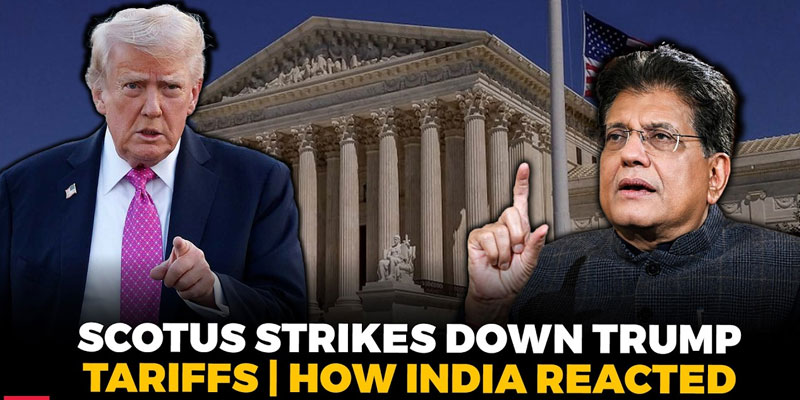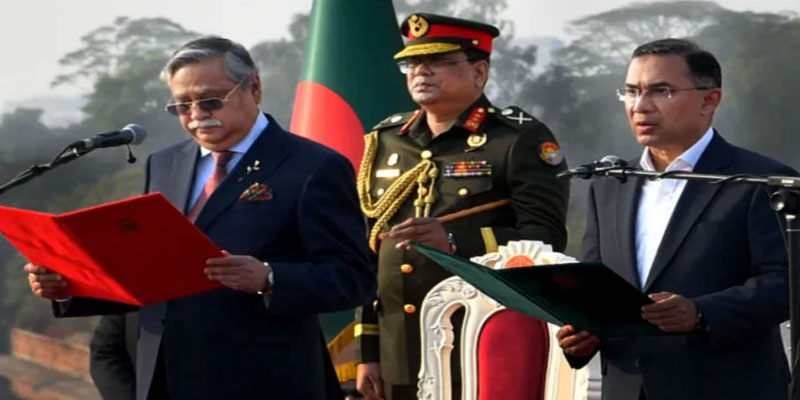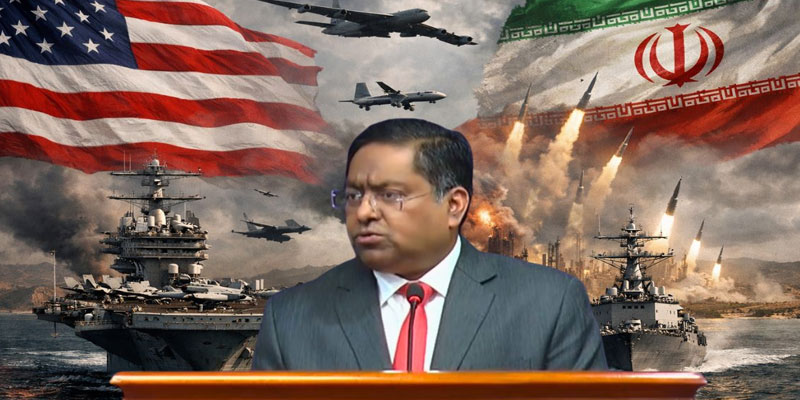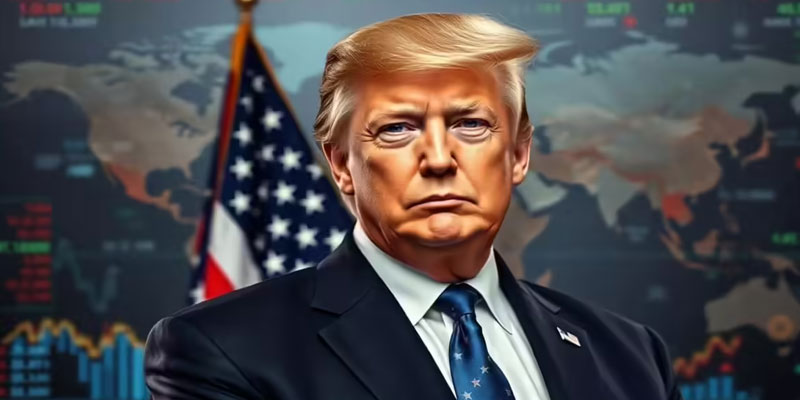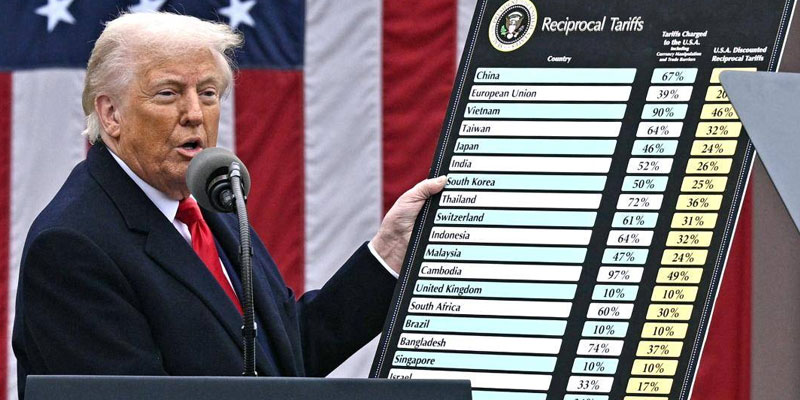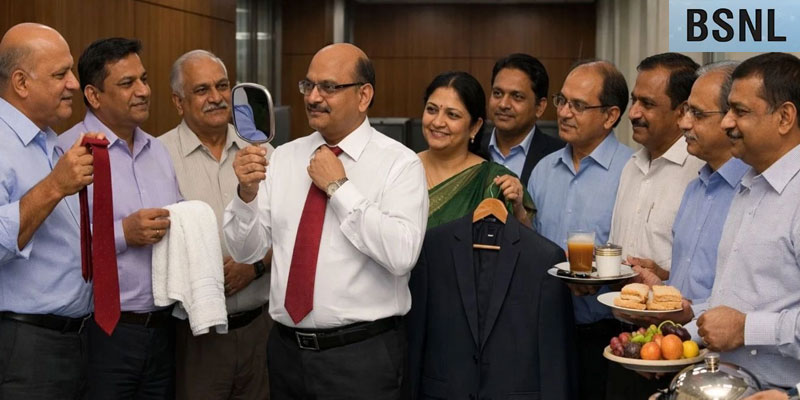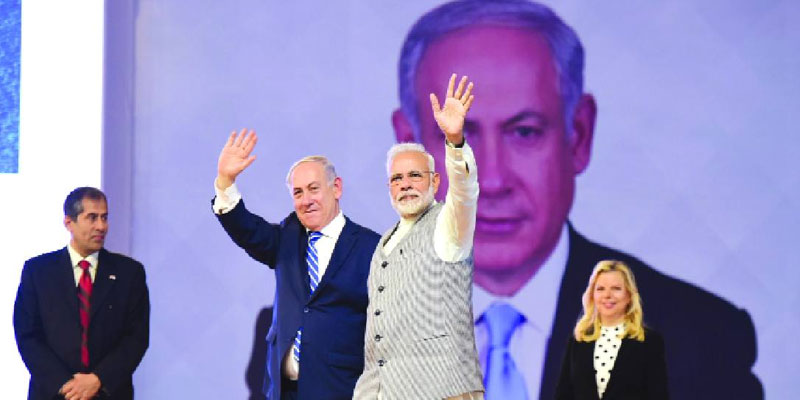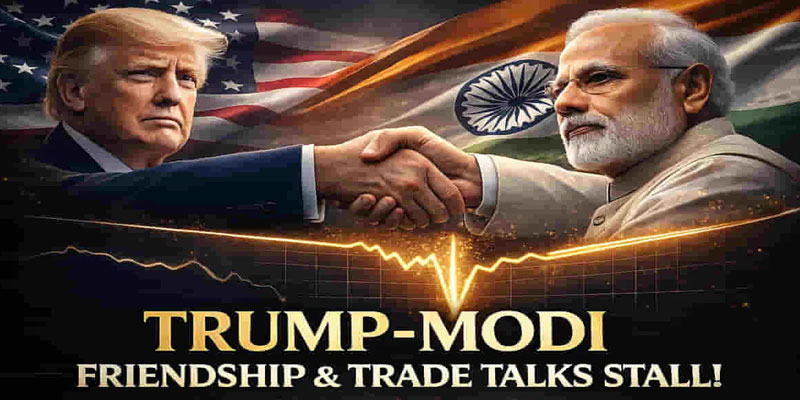From Demands for Resignation to Words of Praise
In a surprising reversal, U.S. President Donald Trump has shifted from openly demanding the resignation of Intel’s CEO Lip-Bu Tan to publicly commending him. Only a few days earlier, Trump had accused Tan of having “serious conflicts of interest” due to his financial ties with Chinese technology companies — some allegedly linked to China’s military. At that time, Trump insisted there was “no alternative” but for the Intel chief to step down, an unusually blunt intervention by a sitting president in corporate governance. Yet after a recent face-to-face meeting, the tone changed dramatically.
A Meeting That Changed the Mood
The turnabout followed a Monday discussion at the White House, attended by Tan, Commerce Secretary Howard Lutnick, and Treasury Secretary Scott Bessent. Trump described the meeting as “very interesting” and praised Tan’s “remarkable personal journey.” He also revealed that the group would return with a set of strategic proposals for him in the coming week. The warm comments immediately buoyed Intel’s stock, which climbed3% in after-hours trading.
Tan’s Tenure and Challenges
Lip-Bu Tan, a Malaysian-born Chinese American, has been at Intel’s helm for just over half a year. Since taking charge, he has pursued a corporate overhaul — selling non-core assets, cutting jobs, and reallocating resources in a bid to revive the struggling chip giant. Intel has been racing to reclaim its position in the fast-growing artificial intelligence processor market, currently dominated by Nvidia, while also grappling with setbacks in its own manufacturing technology.
Controversy Over Chinese Investments
The criticism of Tan stems from a Reuters investigation earlier this year that revealed more than $200 million in investments by him and affiliated funds in hundreds of Chinese firms, including suppliers to the People’s Liberation Army. Although none of these holdings violated U.S. law unless tied to sanctioned entities, the disclosures drew political fire. Intel has since stated that Tan has divested from his Chinese interests, though specifics of those transactions remain vague.
Trump’s initial condemnation was prompted in part by a letter from Senator Tom Cotton to Intel’s board, questioning whether Tan’s previous business dealings compromised U.S. strategic interests. The matter was particularly sensitive given that Intel last year secured $8 billion in subsidies under the CHIPS Act to expand domestic semiconductor production.
Shared Goals on Technology Leadership
Following Monday’s meeting, Intel issued a statement saying Tan had engaged in a “frank and productive” dialogue with the president, focusing on boosting U.S. leadership in both technology development and manufacturing capacity. The company reiterated its commitment to working closely with the administration to “restore this iconic American brand.”
Hurdles Ahead for Intel
Despite the positive public exchange, Intel’s path forward is fraught with difficulties. Its long-planned Ohio factory is facing significant delays, with completion now projected for the next decade. Technical issues in new production processes have slowed progress, and overseas plant expansions have been scaled back. These challenges make White House support crucial, particularly as Washington seeks to ensure key industries remain under leadership aligned with U.S. economic and security priorities.
Politics Meets Corporate Strategy
Trump’s abrupt pivot — from calling for Tan’s ouster to praising his leadership — underscores his readiness to intervene directly in high-stakes corporate affairs, especially in sectors vital to national security. While the meeting may have eased tensions, both Tan and Intel remain under close watch from policymakers and investors. The episode highlights the delicate balance between global business ties and domestic strategic imperatives in the fiercely competitive semiconductor arena.
(With agency inputs)





